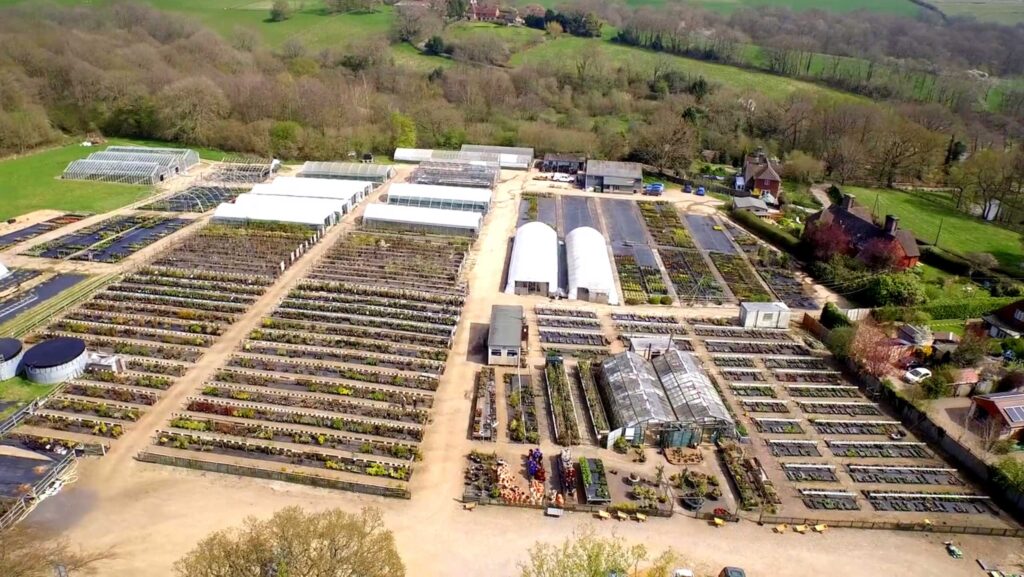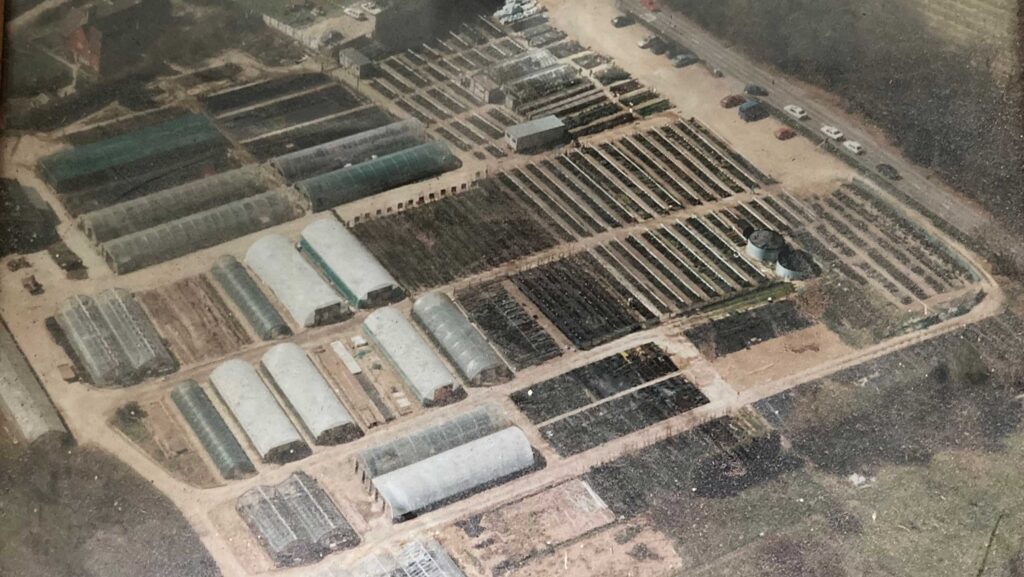Appeal win strengthens Class R diversification rights for farmers
 © Lucie Latham
© Lucie Latham A Sussex rural business owner has won a key planning appeal that could make it easier for others to convert redundant agricultural buildings for flexible commercial use under Class R permitted development rights.
Lucie Latham, who grew up and still lives on her family’s farm in Hartfield, East Sussex, successfully appealed against a Wealden District Council condition that limited development at the nearby Perryhill Nursery site to a single use – Class E(d) (indoor sport or recreation).
The council had approved plans to convert a disused glasshouse into a yoga studio, but limited the permission to that specific activity.
See also: Visit the Know How centre for the latest advice on planning permission
The planning inspector found the restriction “frustrated the purpose of Class R”, which is designed to allow flexibility for agricultural buildings to be repurposed for a range of business, retail, and community uses within Class E.
The appeal decision removes that restriction, allowing the yoga studio to go ahead while also keeping options open for future uses such as a café, farm shop, small retail unit, or wellness centre – provided any noise or traffic impacts are properly managed.
“I’m absolutely delighted,” said Ms Latham. “This appeal isn’t just a personal win – it’s a really positive step for other rural enterprises trying to make diversification work. Class R was designed to give flexibility, and this confirms that local authorities shouldn’t narrow that down unnecessarily.”
Ms Latham explained that the former Perryhill Nursery business had been struggling for several years before her family took on the site in 2021. The current plan is to transition it from traditional nursery production to a mixed horticultural and commercial use as part of a broader diversification strategy.
“With no single farm payment, diversification is increasingly vital for the survival and resilience of farms and rural businesses,” she said. “We have to find new ways to make use of old buildings and keep rural economies viable.”

Perryill Nursery in the 1970s © Lucie Latham
Restriction unnecessary
Planning inspector Lorraine Francis agreed, ruling that restricting the permission to a single subsection of Class E was unnecessary and inconsistent with the aims of the General Permitted Development Order.
She also noted that existing conditions on operating hours and deliveries already safeguarded residential amenity and highway safety.
Issued on 21 October 2025, the appeal decision confirms that where environmental and amenity issues are properly managed, landowners should enjoy full flexibility within Class E when converting agricultural buildings under Class R.
“This decision gives real clarity,” Ms Latham added. “It means rural businesses can be confident about using Class R as it was intended – to support enterprise, create local jobs, and breathe new life into redundant farm buildings.”
